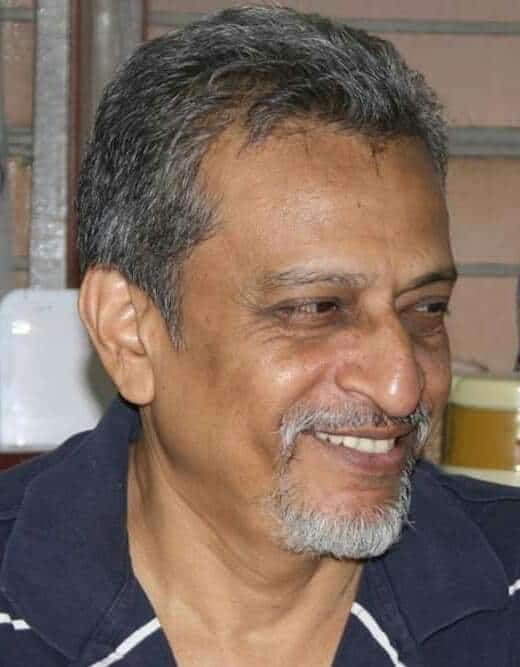
Now that the Euro and Copa America football championships are in progress, we are watching the contests and marveling at the skill and stamina of the teams. It is difficult to imagine that once India was the best team in Asia and could also match some of the European teams. A large part of the credit for attaining that high level of success is due to the dedicated effort of one man – Syed Abdul Rahim of Hyderabad.
No discussion on Indian football can be complete without acknowledging the contributions of Rahim sahab. It was under his guidance that India came fourth in the Melbourne Olympics in 1956 and twice took the Gold medal in the Asian Games beating teams like Japan and Korea. Now Japan plays in the final phase of the FIFA World Cup but we are happy if we can beat Bangladesh. Indian football needs the magic of another Rahim now.
Sadly Rahim passed away when he was only 53 due to cancer. His last assignment was the Asian Games in Indonesia in 1962. He was entrusted with the task of coaching the Indian team. But he was already suffering from the dreaded cancer and he knew that his days were numbered.
The final match was against the well drilled and fast moving South Koreans. They were a formidable side and it would be extremely difficult for India to defeat Korea. So Rahim knew that he would have to fire up his team emotionally. A few minutes before the match began, he called the players together and told them: “Ladkon, Aaj meri ek akhri kwaish puri kar do. Mujhe ek gold medal dilwa do.”
The players knew that their coach would not be with them again. They made a commitment that the last wish of their leader must be fulfilled at all costs. The Indonesian crowd was totally against India. They hurled insults and abuse at the Indian players as they entered the field.
But India was determined to succeed. With Rahim’s plea ringing in their ears, they went into the field with fire in their hearts and played like lions against the stronger Korean opponents. Playing excellent football, P.K. Banerjee and Jarnail Singh scored two goals for India while Cha Tae Sung scored the only goal for Korea.
Then, after receiving their medals, the players collected all the medals together and came to Rahim and put the medals in his hands. But they had tears in their eyes even as they did so. The coach was so overcome that he was unable to speak.
In the dressing room, the team sat sombre and silent. When Rahim walked in, he found that the mood was like that of a team which had lost, not won the match. He tried to cheer them up. He said : “Aaj hum jeet gaye hain. Aaj jashan manao. Aisa mauka bar bar nahi agyeyi.” Then he hugged each player individually and told them to stay in high spirits always. With these final words of encouragement, he walked out of the room for the last time and never returned.
These are stories (all factual stories stated in interviews and records) that should be cherished by all those who are sports lovers in Hyderabad. After Rahim’s departure, the slide began. It was not immediately noticeable. The decline was gradual but steady. Currently India’s FIFA world ranking is 105. Even small countries like Vietnam and Burkina Faso of Africa are ahead of us.
Rahim was a teacher by profession. He worked in the Kachiguda Middle School, Urdu Sharif School, Darul-ul-Uloom High School and Chaderghat High School. He then took a diploma in physical education and took charge of sports activities for children of all ages.
He made Hyderabad City Police into one of the best teams in India. Strong teams like East Bengal, Mohun Bagan and Mohammedan Sporting could not cope with the Hyderabad outfit. Between 1950 and 1963 Hyderabad City Police won the Rovers Cup in Mumbai for a record nine times.
He picked up young boys and turned them into football heroes. Rahim was a far sighted man but his efforts went unrewarded by the Government. He received no recognition or reward. He deserved at least a Padma Sri but was overlooked again and again. It was a sad way to treat the coach who made every Indian proud.
Abhijit Sen Gupta is a seasoned journalist who writes on Sports and various other subjects.

